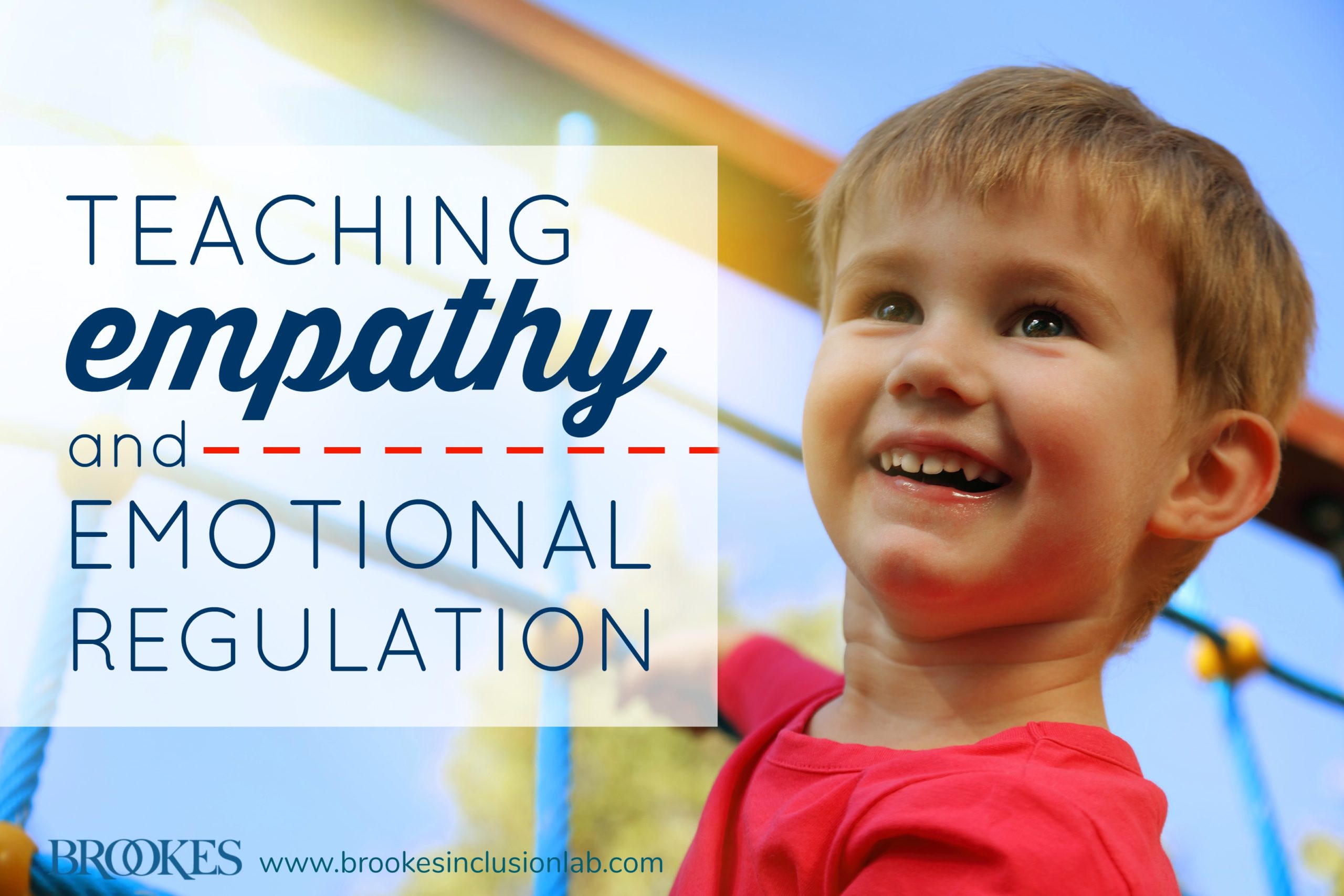Young children’s emotion understanding and empathic responding abilities have been linked to academic success ( denham et al. , 2012 ), social competence ( denham et al. , 2003 ), and behavior regulation ( denham, caverly, et al. , 2002 ). — affective (or emotional) empathy involves an emotional response to another’s emotion, rather than a cognitive one (hoffman, citation 2000). In affective empathy, one’s felt emotions are more akin to someone else’s than one’s own. Maibom (citation 2017, p. 23) gives this example to illustrate affective empathy; “if i am empathically. — being able to express and share emotions helps children to generate social understanding, empathy, and healthy relationships (beck et al. , 2012; Fabes et al. , 2001; Holodynski & friedlmeier, 2006 ). — thus, our exploratory findings revealed an indirect path from one generation's empathic support for peers in late adolescence to the next generation's empathy in childhood via positive parenting behavior—specifically parents' supportive responses to their children's emotional distress. When mothers predominantly accept and validate their children’s emotions, helping them deal with negative affect and identify appropriate emotion regulation strategies, this. Empathy is your child’s ability to understand another person’s emotional experience and show compassion for them. Studies show that children who have a secure, trusting relationship with their parents or caregivers have better emotion regulation as toddlers than those whose needs aren’t met by their caregivers. Being consistent and comforting will help you develop a secure attachment with your child. Feeling guilt can help children develop empathy and kindness, as they think about what behaviours are acceptable and change those that are unacceptable. Helping children identify, express and cope with all their different emotions supports good mental health throughout life.
